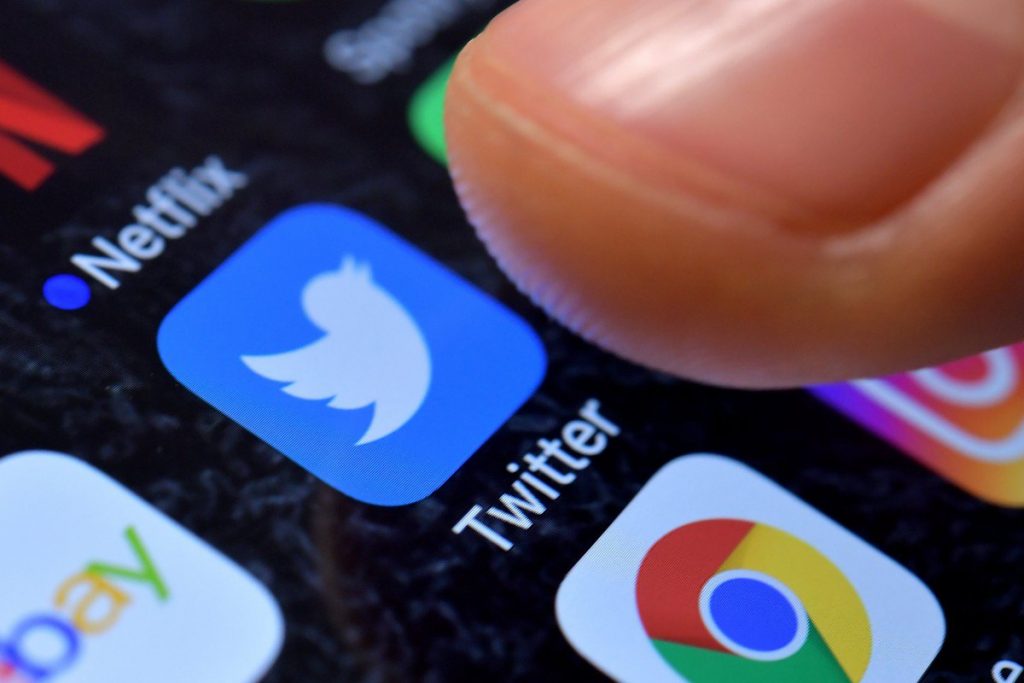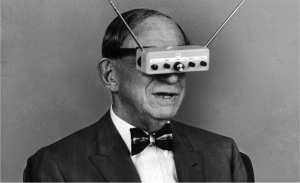How much is freedom and free speech worth to you? You may never know until it costs you something. That’s what the National Basketball Association and star players are discovering in the wake of a tweet-storm that began with a statement by Houston Rockets general manager Daryl Morey in support of the Hong Kong protestors. Because of the nearly 300 million NBA fans, political statements about China come with a price-tag.
First a little background. Hong Kong was a British colony for 99 years and was returned to Mainland China in 1997. China, known for its record of authoritarian rule and suppression of human rights, has been criticized by much of the Western World for imprisonment of dissidents and persecution of religious and cultural minorities. The current protests in Hong Kong have been widely embraced by those around the world who want China to end its battle against human rights.
In response to the tweet from Morey, the NBA issued its own statement calling it “regrettable.” A few days later LeBron James said that Morey spoke too soon, that he “wasn’t educated on the situation.” What situation exactly James was referring to is unclear.
LaBron has a history of speaking out about social issues here in the USA. If he believes that human rights deserve world-wide respect, he owes it to his fans, and to the people of China, to stand for the protestors in Hong Kong. Yes, standing up for human rights and free speech does come at a cost…in this case the cost is more than lucrative contracts and endorsement deals.
According to an editorial in Slate,
The league has certainly not covered itself in glory in its handling of the blowback over the Morey tweet and, in the process, reminded fans across the U.S. that the NBA is, at its core, still a profit-seeking international organization serving multiple constituencies of which the most important one is money.
Elliot Hannon
LeBron was right about one thing…before you wade into politics on social media you need to consider the cost.





 Spotify provides a streaming music service to millions of users, and like any media platform is legally entitled to pick and choose which artists and content to carry and feature. In what is very likely a response to the #TimesUp and #MuteRKelly movements, Spotify’s recent decision has become the subject of debate by both artists and listeners.
Spotify provides a streaming music service to millions of users, and like any media platform is legally entitled to pick and choose which artists and content to carry and feature. In what is very likely a response to the #TimesUp and #MuteRKelly movements, Spotify’s recent decision has become the subject of debate by both artists and listeners. This week the NPR radio show 1A featured Jeremy Bailenson, a professor at Stanford University, who believes VR has “the power to create empathy and change how we see the world.” Here’s the podcast…
This week the NPR radio show 1A featured Jeremy Bailenson, a professor at Stanford University, who believes VR has “the power to create empathy and change how we see the world.” Here’s the podcast…